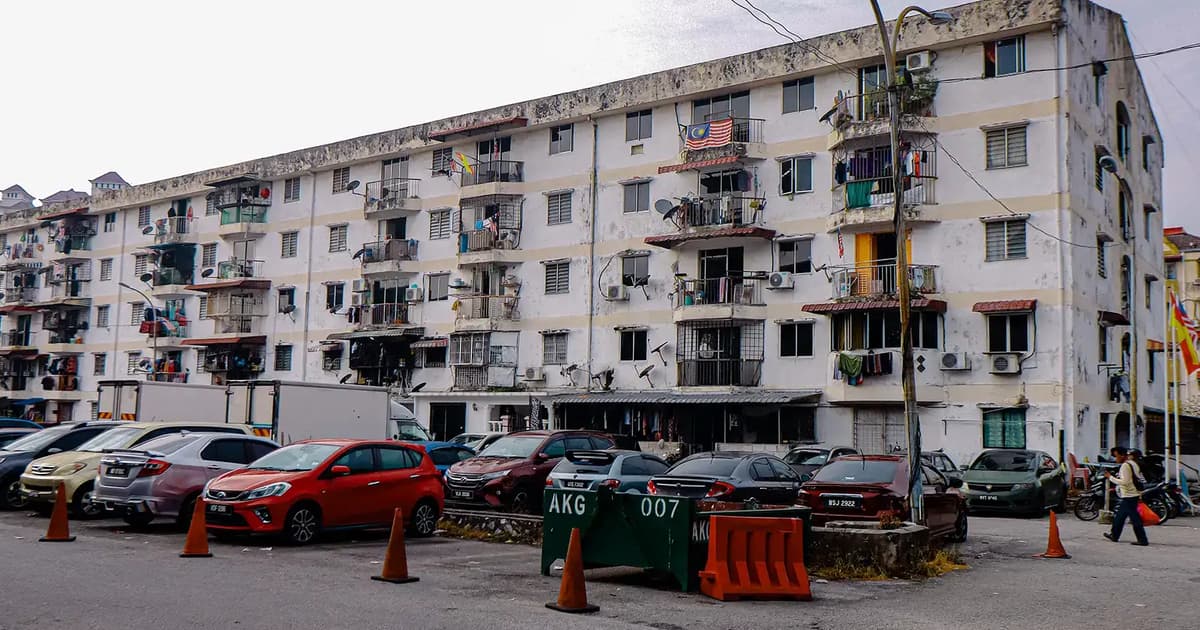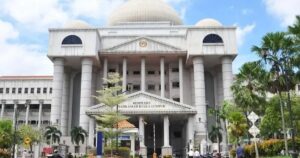
Developers should not be tasked with obtaining residents’ consent in urban renewal projects due to conflicts of interest, says the Kuala Lumpur Residents Alliance and Sustainable Development (KLRA+SD).
The group said due diligence on consent obtained and mediation mentioned recently by housing and local government minister Nga Kor Ming were “at most remedial and not preventive”.
“Remedial measures do not help residents to have a say as to what redevelopment type is suitable for them and give them options to decide on,” it said in a statement today.
“They also do not address questionable tactics currently used, where residents are compelled to give consent under duress or coaxed into consenting to a development where vital information is not made known.”
KLRA+SD also said that Nga’s assurance that they will monitor how these agreements are obtained and offer mediation was not enough.
“Verbal assurances have limited reliability, are subject to interpretation and can change depending on who holds office,” it said.
As such, the group called for the bill’s urban renewal framework to be publicly socialised, allowing residents and elected representatives to give input before Parliament debates it.
“This would allow the people’s voices to reach the parliament and a more holistic discourse on the bill,” it added.
The debate on the controversial Urban Renewal Bill 2025 was postponed to the next Dewan Rakyat meeting in October, following strong resistance from the opposition and some in the government bloc too, including seven PKR MPs and those from Barisan Nasional.
The bill outlines three types of projects – redevelopment involves tearing down and rebuilding housing projects; regeneration involves repairs or upgrades to dilapidated or abandoned buildings; while revitalisation refers to upgrading or improving an area without demolishing it.
It also proposes a tiered consent system: 75% for buildings over 30 years, 80% for those under 30 years and 51% for buildings deemed abandoned or unsafe.
Residents of Kuchai Entrepreneurs Park have also raised concerns, noting the absence of a neutral tribunal to handle appeals.
They said current avenues, such as the High Court, Commissioner of Buildings, or Strata Management Tribunal, are seen as costly, complex, or insufficient.
The residents urged the government to establish a similar tribunal and to delay the bill until protections for vulnerable groups, including the elderly, disabled, and low-income families, are written into law.






